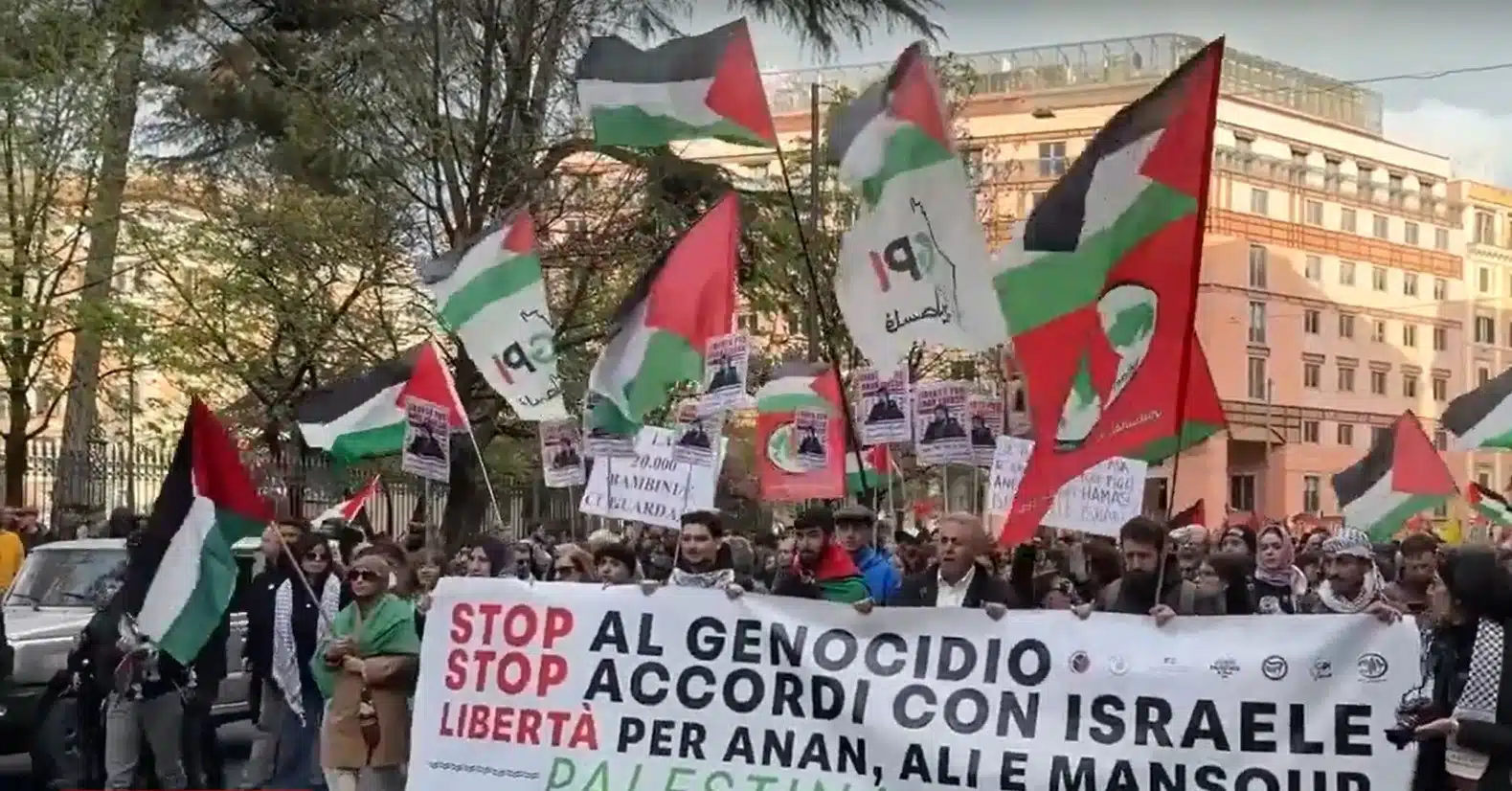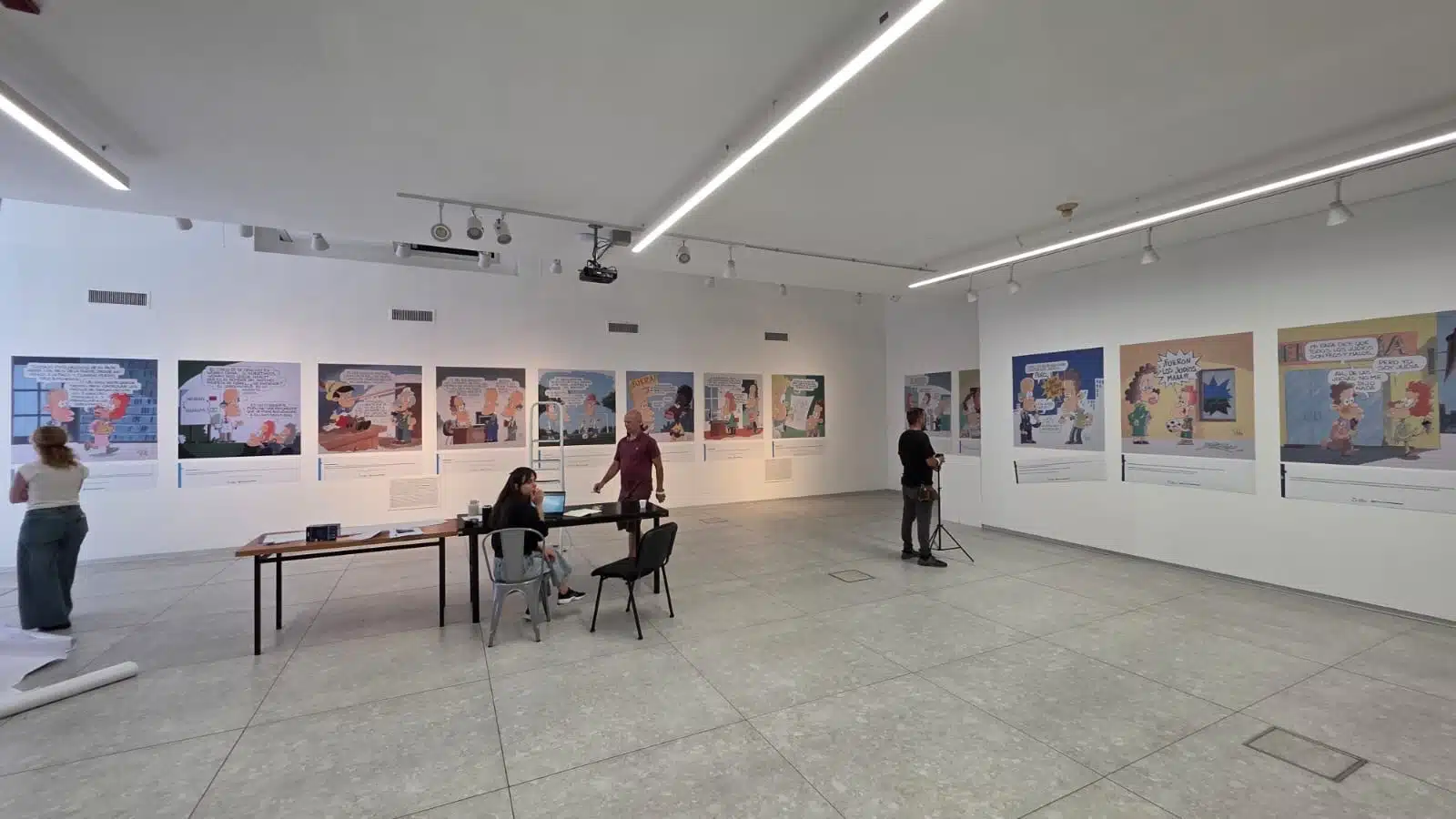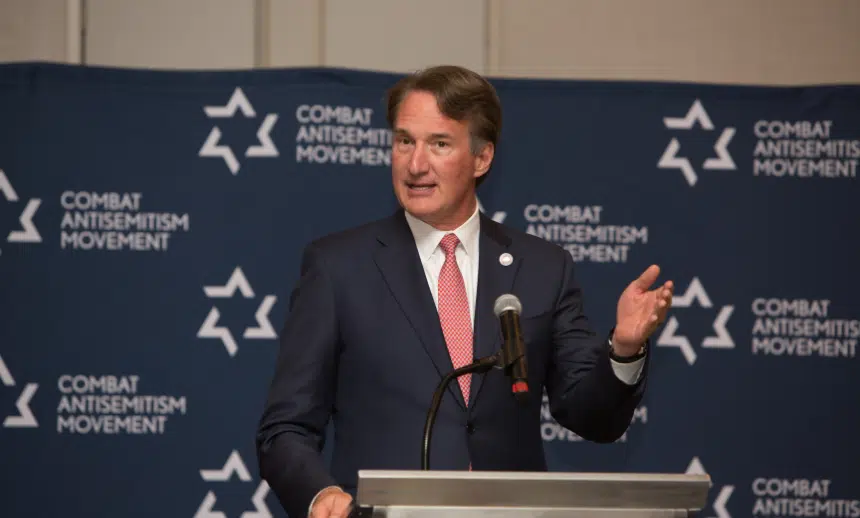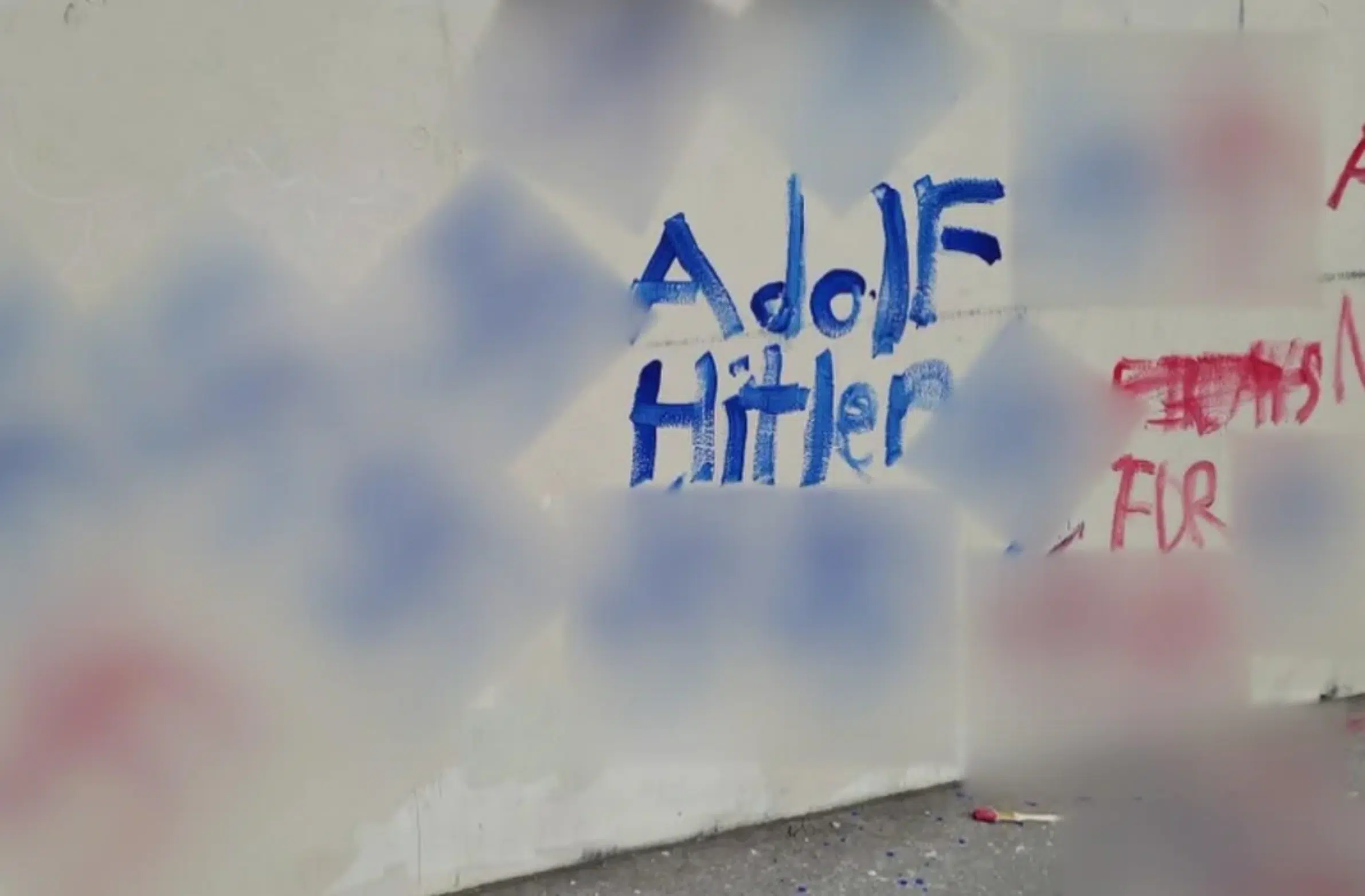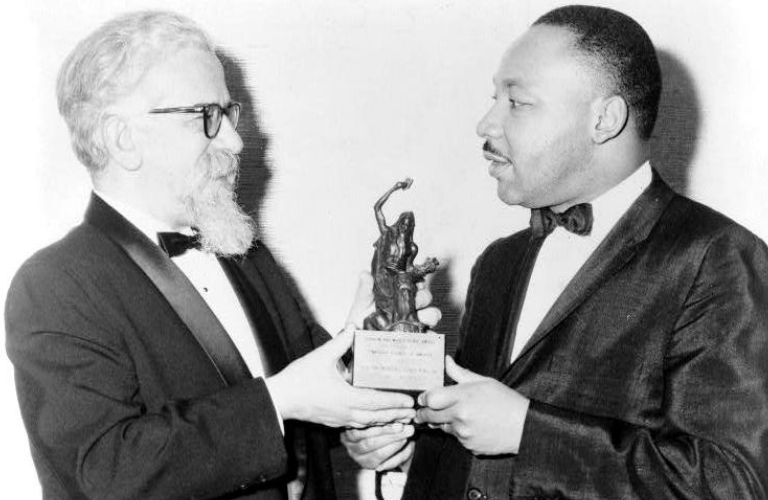|
Getting your Trinity Audio player ready...
|
An estimated 300,000 demonstrators gathered in Rome on Saturday in a large-scale protest against Israel’s ongoing war against Hamas in Gaza, with opposition political parties accusing the Italian government of “complicity” in the conflict.
Organized by the Democratic Party, the Five Star Movement, and the Greens–Left Alliance, the march featured a wide banner at the front reading “Stop the massacre, stop complicity!” and a sea of Palestinian flags, peace signs, and “Free Palestine” placards.
The protest proceeded from Piazza Vittorio to San Giovanni, where political leaders delivered speeches criticizing the policies of Prime Minister Giorgia Meloni’s government and calling for an end to the violence.
Democratic Party leader Elly Schlein described the protest as “an enormous popular response” and said the aim was “to say enough to the massacre of Palestinians, to say enough to the crimes of [Prime Minister Benjamin] Netanyahu’s far-right government,” and to present what she called “another Italy” — one that, in her words, “wants peace, wants an immediate ceasefire, the release of all hostages, humanitarian aid, and wants recognition of the state of Palestine.”
Giuseppe Conte, leader of the Five Star Movement and former Italian prime minister, told the crowd he was there “to not be a partner to genocide,” while omitting that the war began when Hamas-led terrorists infiltrated Israel in a surprise attack, killing approximately 1,200 people and abducting 251 others in southern Israel on October 7, 2023.
Also omitted was that Israel places its own soldiers at risk to minimize Palestinian civilian casualties; that Hamas embeds itself in civilian infrastructure — including homes, schools, mosques, and hospitals; that it uses children as human shields; and that these are only some of the many atrocities Hamas commits as part of its deliberate strategy of terror.
Italian Prime Minister Giorgia Meloni has expressed concern over the humanitarian situation in Gaza, calling it “increasingly dramatic and unjustifiable,” and said she has had “often difficult conversations” with Prime Minister Netanyahu. However, she has also stated that “it was not Israel that started the hostilities.”
While the protest remained peaceful, the slogans on display — particularly the repeated chants of “Free Palestine” — reflect a deeply troubling trend. As seen in recent violent attacks in Washington, D.C., Boulder, Colorado, and elsewhere, these slogans are increasingly weaponized — not as calls for justice or peace, but as rallying cries for hatred and violence against Jews.
The deadly actions of attackers who shouted “Free Palestine” while targeting Jewish civilians reveal how such messaging has become inseparable from incitement and antisemitic extremism.
Rome’s mass rally did not occur in isolation. It is part of a broader wave of demonstrations across Europe that ignore the horrors of October 7 and the ongoing hostage crisis, while amplifying narratives that legitimize terror and demonize Israel. As these protests grow louder and more politically mainstream, so too does the normalization of rhetoric that fuels antisemitism — not just in words, but in violent, real-world consequences.

